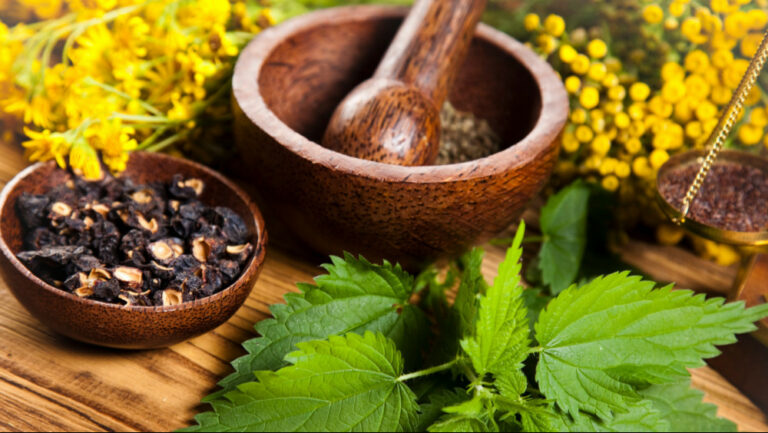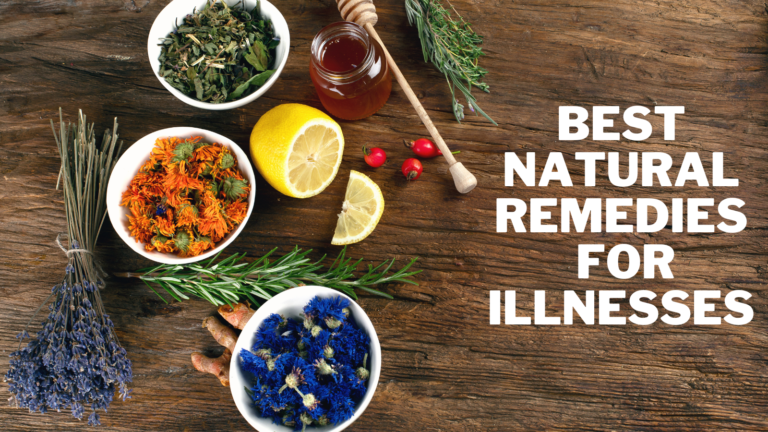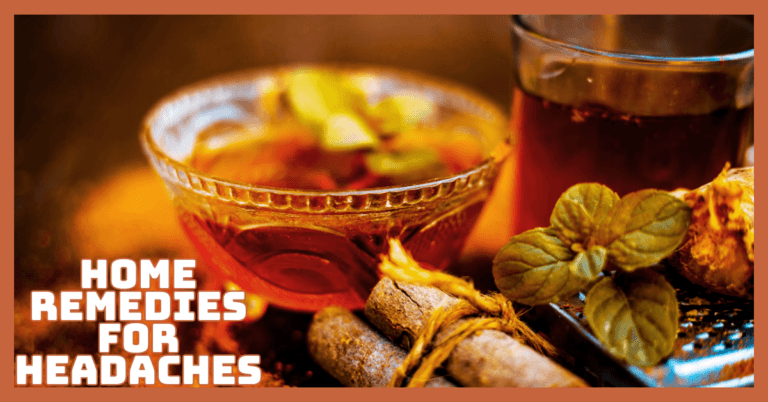Best Simple Home Remedies For Seniors
Best Simple Home Remedies For Seniors
Our bodies may become more susceptible to certain ailments and conditions as we age. Fortunately, seniors can use many simple home remedies to alleviate symptoms and promote overall wellness.
These remedies are often inexpensive and easy to implement, making them a great option for those on a budget or who prefer a more natural approach to healthcare.
This article will explore some of the most effective home remedies for seniors, including herbs, teas, and other natural remedies to help seniors feel their best.
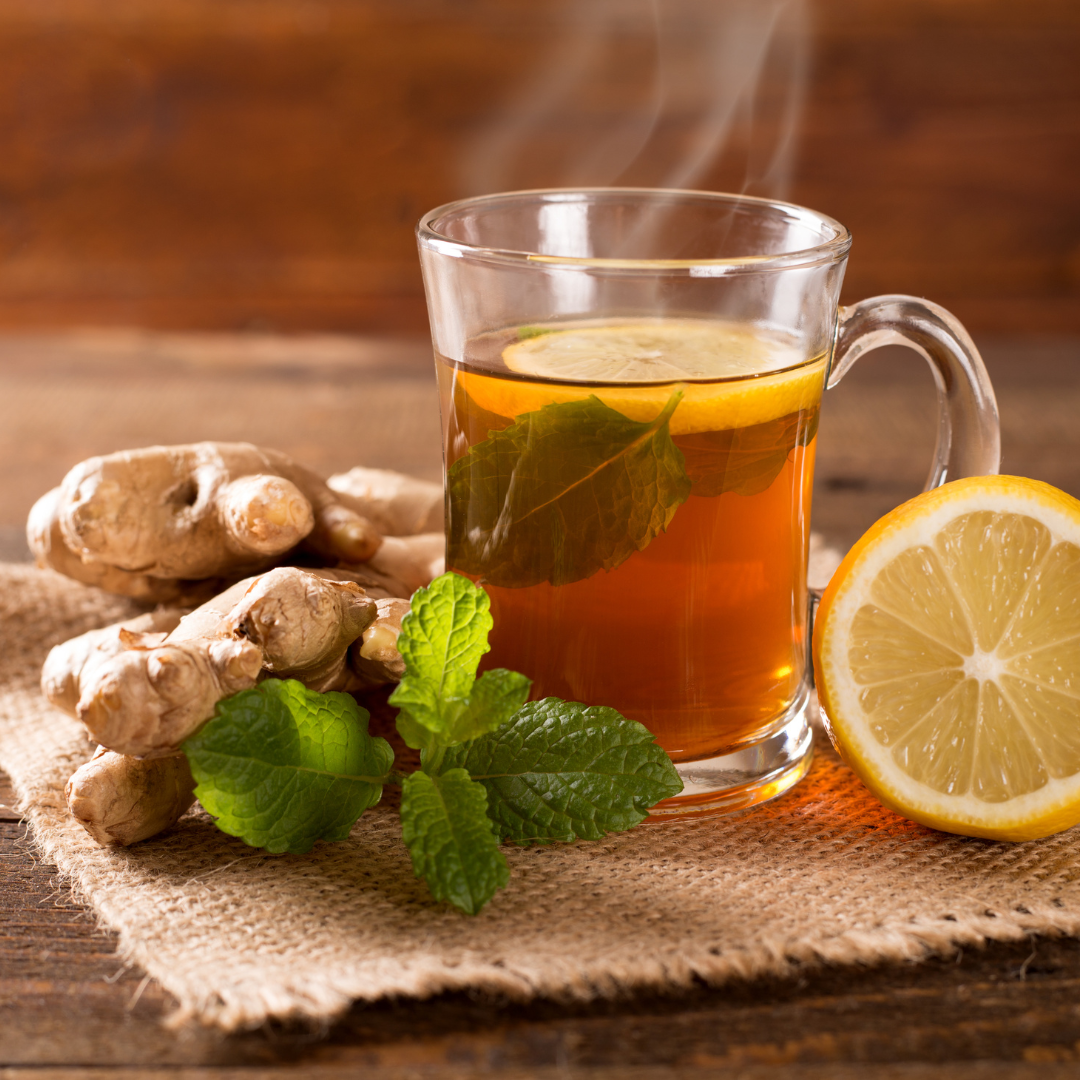
1. Ginger Tea
Ginger has been used for medicinal purposes for centuries due to its powerful anti-inflammatory and antioxidant properties.
It contains a bioactive compound called gingerol with various health benefits, including pain relief and reduced inflammation.
Ginger tea is a popular home remedy for seniors as it can help alleviate symptoms of arthritis, which is a common condition among the elderly.
Arthritis can cause joint pain, swelling, and stiffness, making it difficult to perform daily activities. Ginger tea can reduce inflammation and alleviate joint pain, making it an effective natural remedy for arthritis.
In addition to arthritis, ginger tea can help with nausea and digestion. It can help soothe an upset stomach and promote healthy digestion by reducing inflammation in the gut.
Ginger tea is also a great option for seniors who experience motion sickness or nausea due to side effects from medication.
To make ginger tea, peel and slice fresh ginger root and steep it in hot water for 5-10 minutes. You can also add honey or lemon to enhance the flavour and add health benefits.
It is important to note that while ginger tea is generally safe, it may interact with certain medications, so it is always best to consult with a healthcare professional before using it regularly.
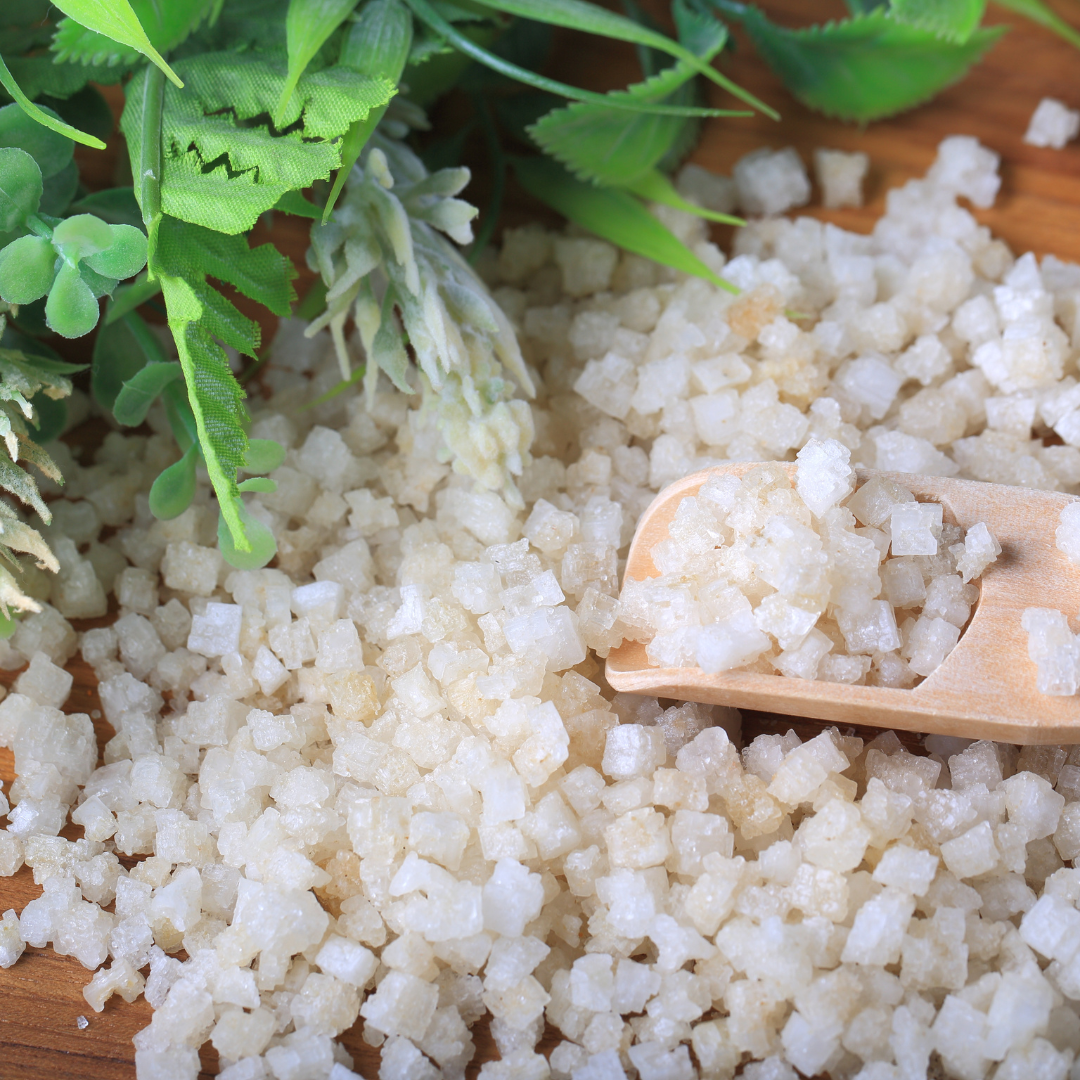
2. Epsom Salt Bath
Epsom salt is a naturally occurring mineral compound of magnesium and sulphate. It has been used for centuries as a natural remedy to alleviate muscle and joint pain and reduce inflammation.
Epsom salt baths are a popular home remedy for seniors as they can provide a relaxing and therapeutic experience.
When you soak in an Epsom salt bath, the magnesium and sulphate are absorbed through the skin and can help reduce inflammation and relieve pain in joints and muscles.
Salt baths can be especially helpful for seniors with arthritis, fibromyalgia, or other conditions that cause chronic pain.
To take an Epsom salt bath, fill a bathtub with warm water and add 1-2 cups of Epsom salt. Stir the salt into the water to help it dissolve.
Then, soak in the bathtub for 20-30 minutes. You can also add essential oils or other natural remedies to the bath to enhance the experience and provide additional health benefits.
While Epsom salt baths are generally safe for most individuals, it is crucial to remember that not everyone may benefit from them.
Only after consulting their healthcare provider should anyone with specific medical issues, such as heart disease or high blood pressure, refrain from taking Epsom salt baths.
Additionally, staying hydrated before and after taking an Epsom salt bath is important to avoid dehydration.
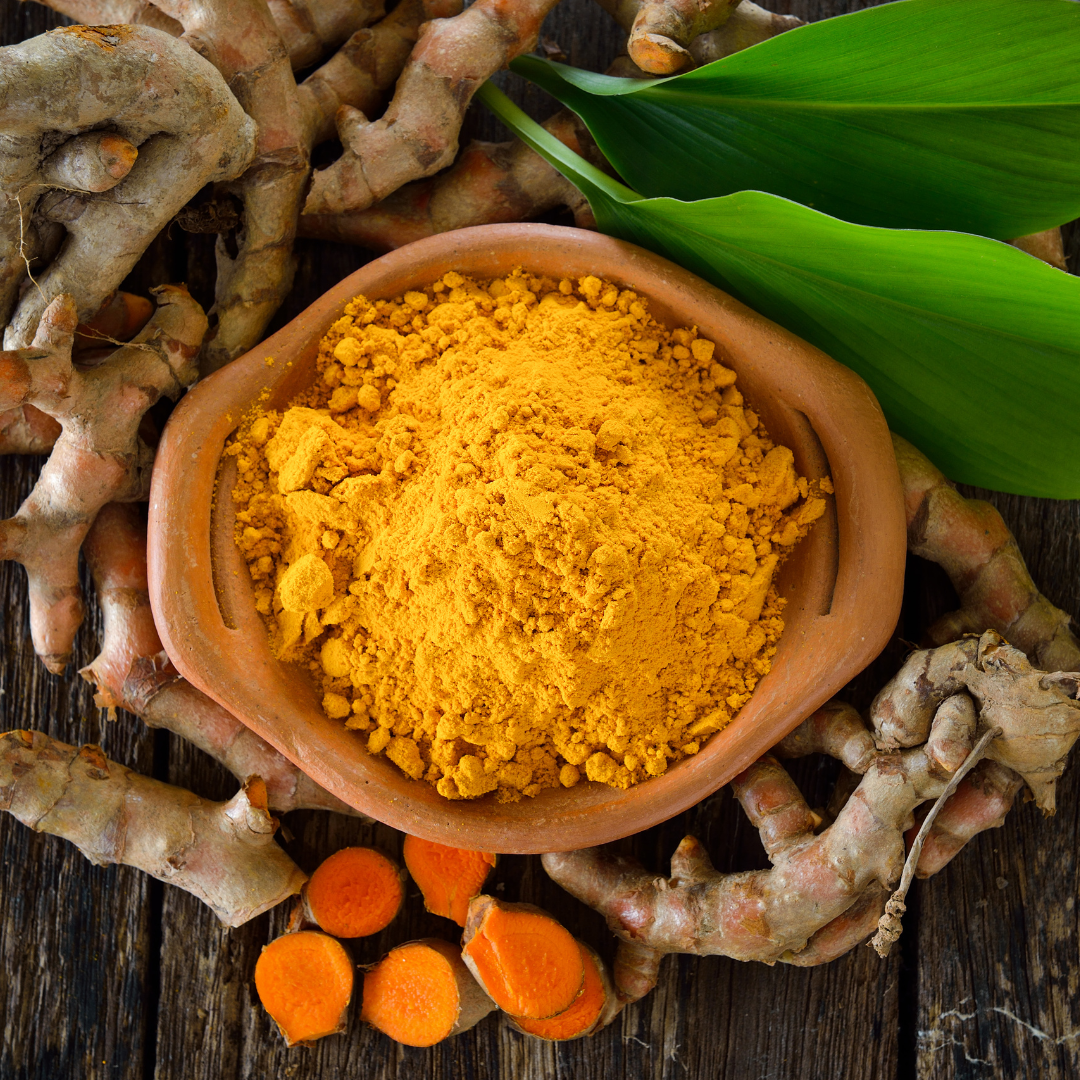
3. Turmeric
Turmeric is a spice used for centuries in traditional Ayurvedic and Chinese medicine for its anti-inflammatory properties.
The active compound in turmeric, curcumin, has been shown to have various health benefits, including reducing inflammation, pain, and joint stiffness.
Turmeric can be consumed in various forms, including as a spice in cooking, as a supplement in capsule or powder form, or as a turmeric tea.
When adding turmeric to your meals, it's important to note that its absorption is enhanced when consumed with black pepper, which contains a compound called piperine that can increase the bioavailability of curcumin.
Turmeric supplements typically contain standardized amounts of curcumin, and it's important to choose a reputable brand and follow the recommended dosage on the label.
Some people may experience side effects from high doses of turmeric, such as gastrointestinal distress, so it's important to speak with a healthcare provider before adding turmeric supplements to your routine.
Overall, turmeric can be a beneficial addition to a joint health regimen for its anti-inflammatory properties.
However, it's important to note that it should not be used as a replacement for medical treatment but in conjunction with other lifestyle changes, such as regular exercise and a healthy diet.
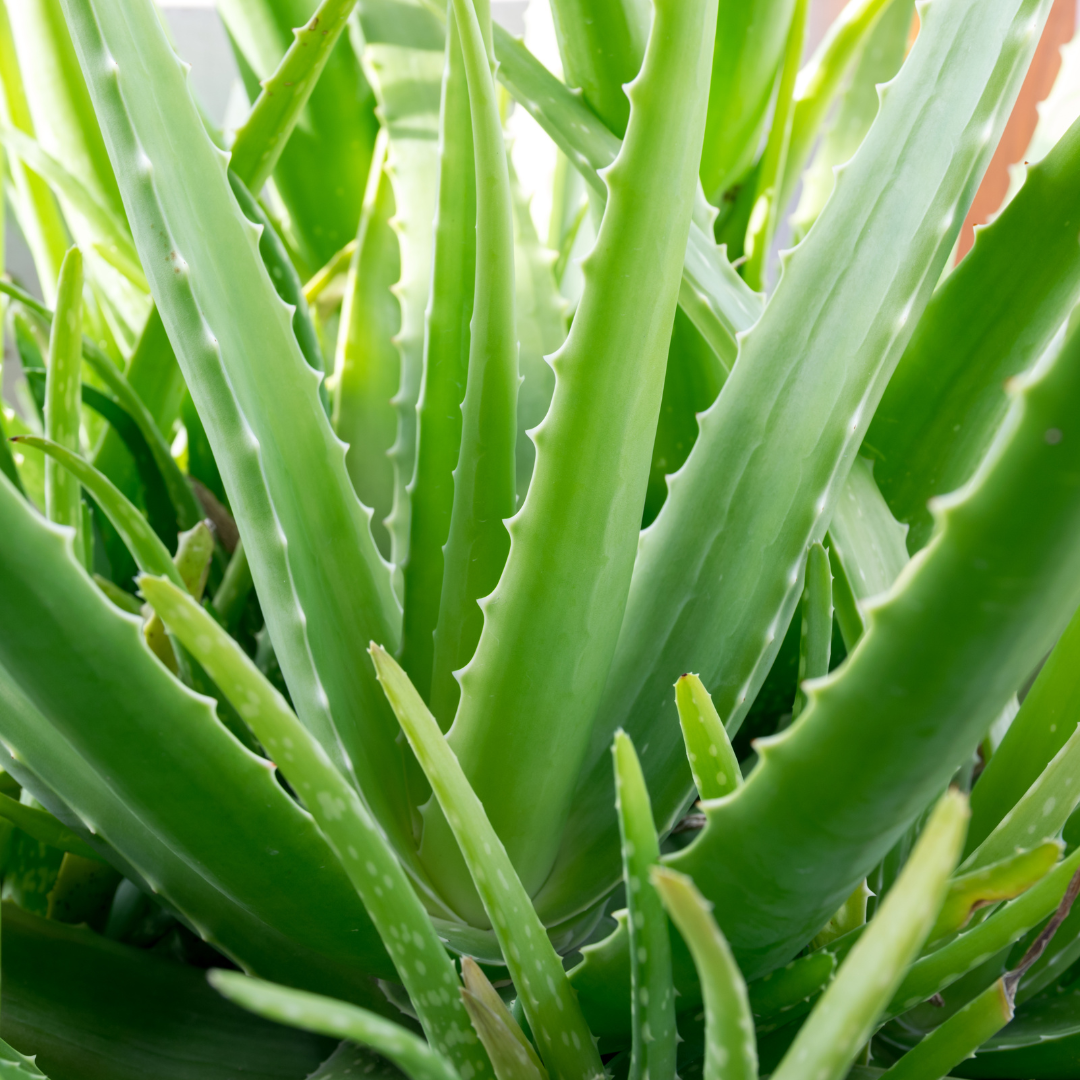
4. Aloe Vera
A succulent plant known as aloe vera has been utilized for its medical benefits for generations. Its gel-like substance contains vitamins, minerals, amino acids, and antioxidants that can provide a range of benefits for the skin.
One of the primary benefits of aloe vera is its ability to soothe and moisturize dry, irritated skin. It can be particularly helpful for conditions like eczema, psoriasis, and dermatitis, which can cause redness, itching, and flaking.
Aloe vera gel can help reduce inflammation and promote skin healing, improving the appearance and feel of the skin.
Aloe vera gel can also be used to soothe sunburned skin. The gel's cooling and moisturizing properties can relieve pain and inflammation associated with sunburn.
Additionally, aloe vera can help prevent further damage to the skin by reducing the production of free radicals caused by UV exposure.
To use aloe vera gel, apply it directly to the affected skin area. You can extract the gel from a fresh aloe vera plant or use a commercial product that contains aloe vera.
Be sure to choose a high-quality product that does not contain added fragrances or other irritants that can further aggravate the skin.
Overall, aloe vera can be a helpful remedy for various skin irritations, including dryness, sunburns, and other inflammatory conditions.
However, it's important to note that it should not be used as a replacement for medical treatment but in conjunction with other skincare practices, such as regular moisturization and sun protection.
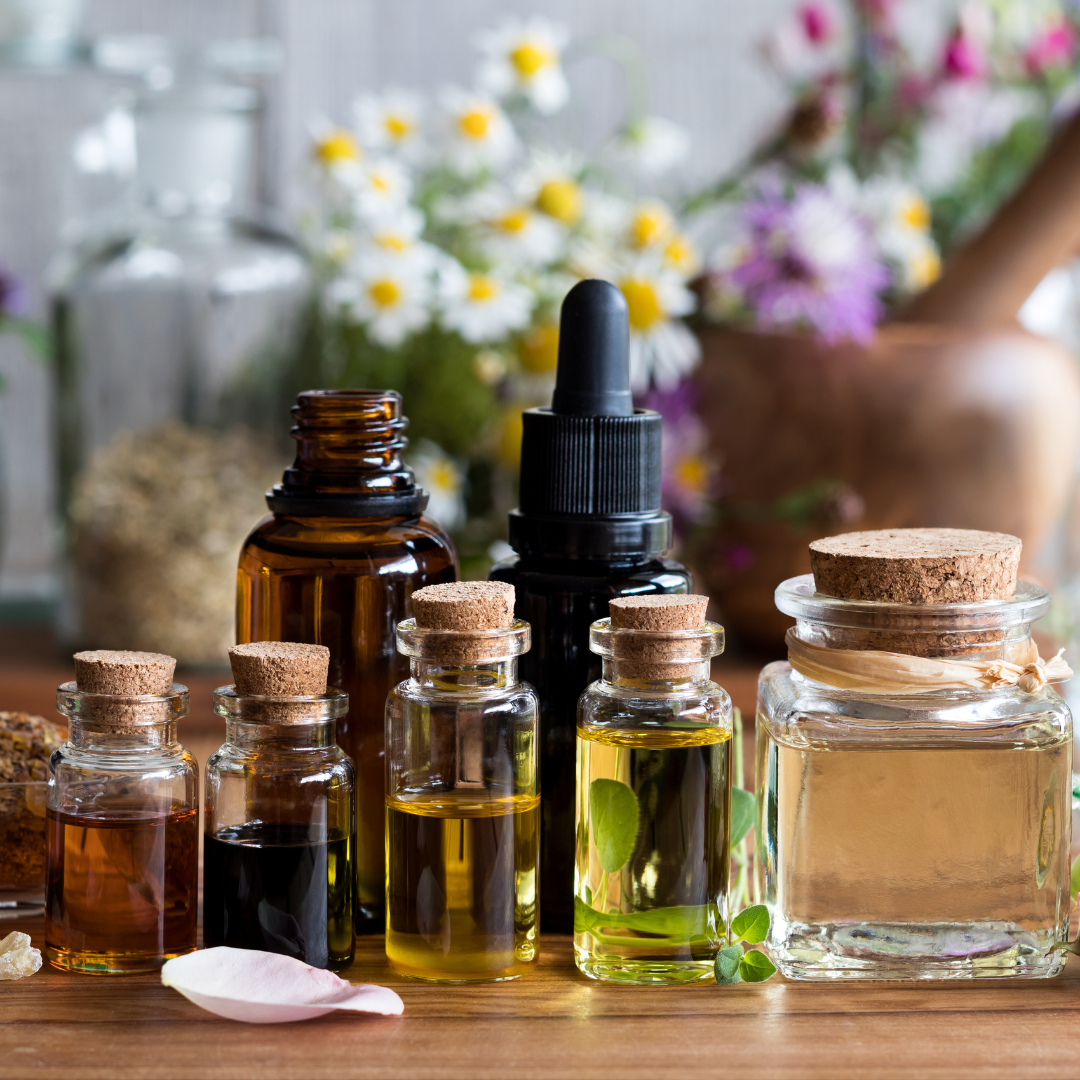
5. Essential Oils
Essential oils are concentrated plant extracts used in aromatherapy, an alternative medicine that uses the inhalation of essential oils to promote physical and emotional health.
Essential oils can be used for various ailments, including relaxation, pain relief, and respiratory issues.
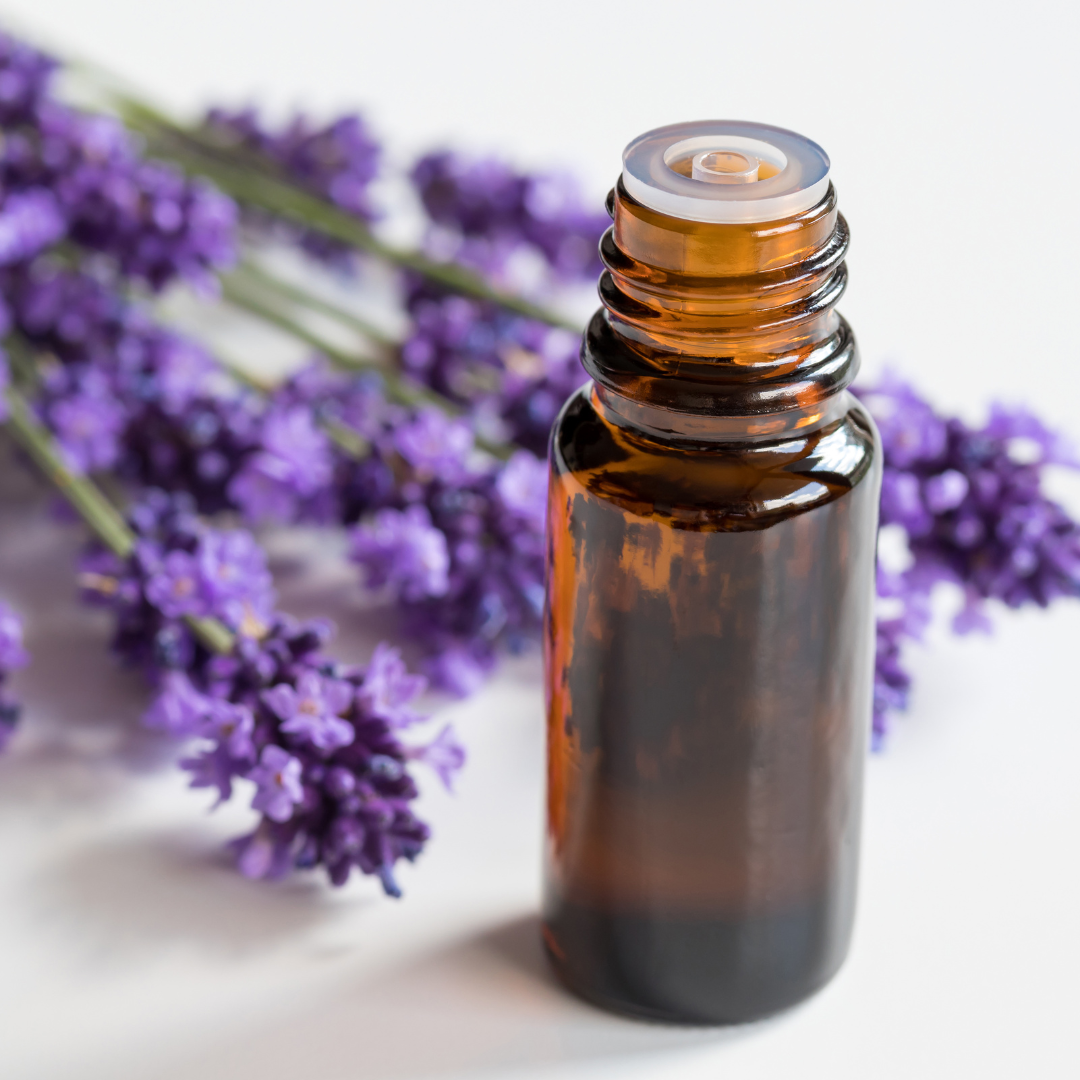
Lavender Essential Oil
Lavender essential oil is the most well-known essential oil for relaxation and sleep. It has a calming scent that can help reduce stress and anxiety, promote relaxation, and improve sleep quality.
Lavender oil can be diffused in a room, added to a bath, or applied topically to the skin (diluted with carrier oil) to help promote relaxation and improve sleep.
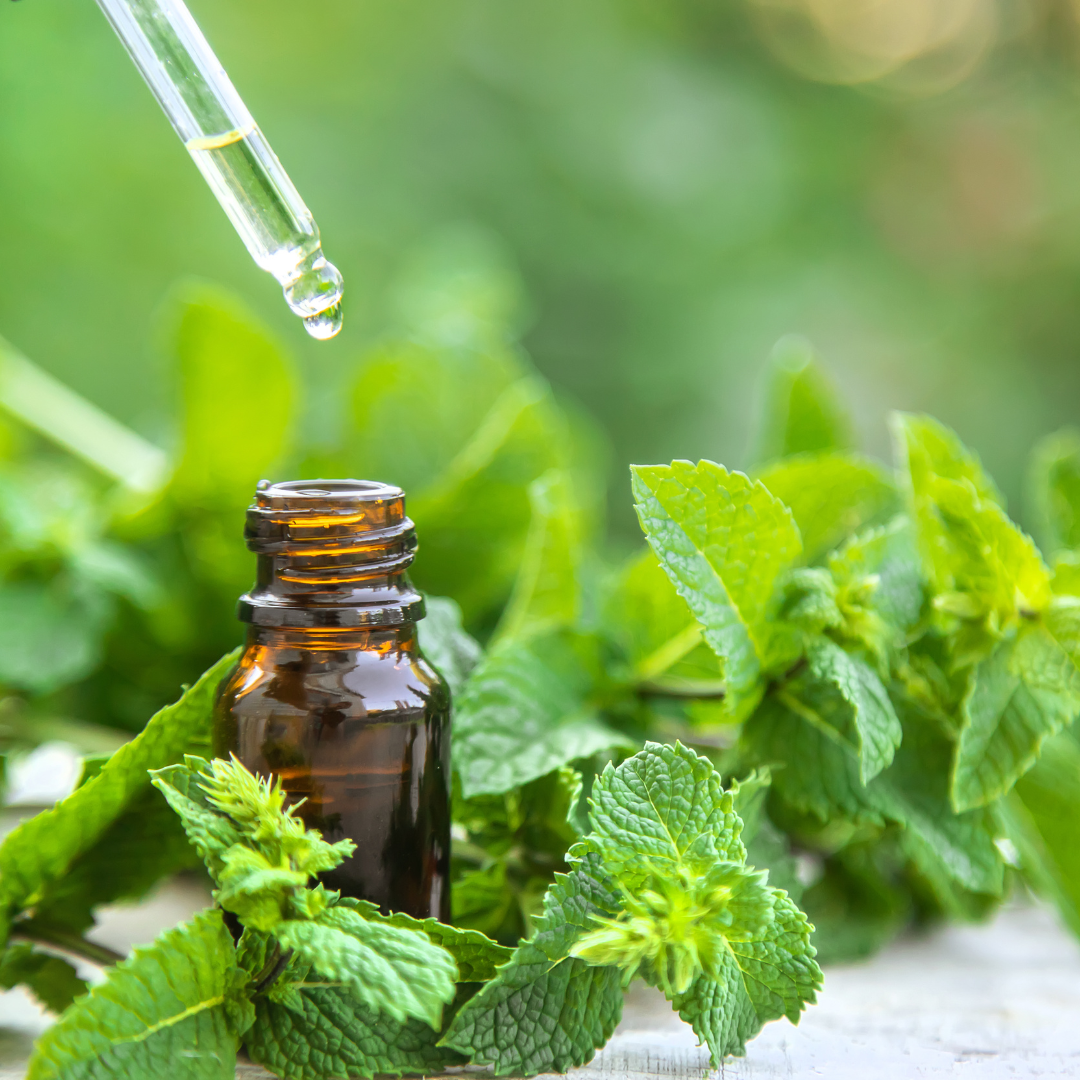
Peppermint Essential Oil
Peppermint essential oil is another popular oil used for pain relief, particularly for headaches and migraines.
Its cooling and refreshing scent can help relieve tension in the head and neck, which can alleviate headache pain.
Peppermint oil can be applied topically to the temples or other areas of pain (diluted with carrier oil). It can be diffused in a room to help relieve headache pain and promote relaxation.
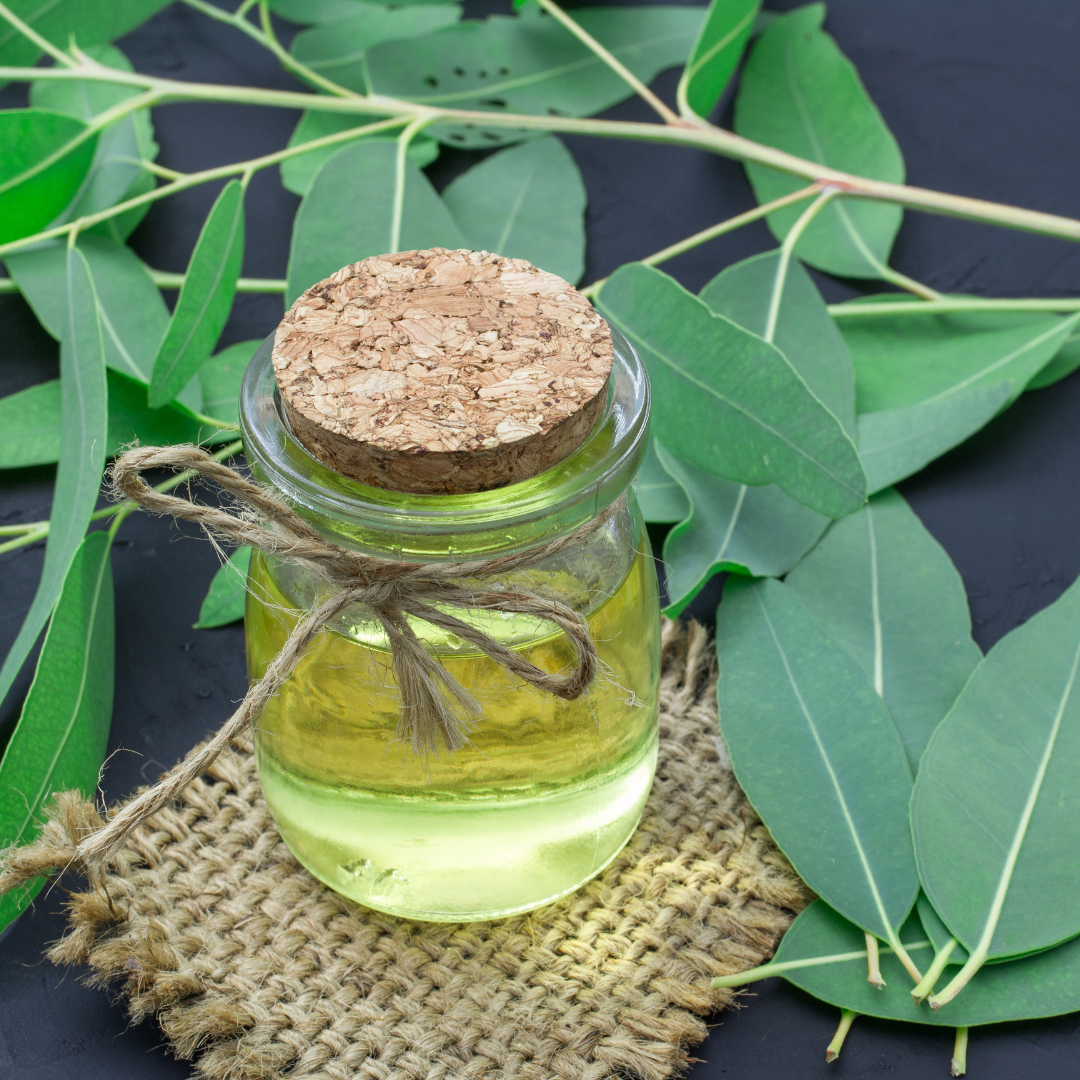
Eucalyptus Essential Oil
Eucalyptus essential oil is known for its ability to help with respiratory issues, including congestion, coughs, and colds.
Its strong, camphor-like scent can help open up the airways and reduce inflammation, improving breathing and relieving respiratory symptoms.
Eucalyptus oil can be diffused in a room or added to a warm bath to help relieve respiratory symptoms.
While essential oils can be helpful in a wellness routine, it's important to use them safely and cautiously.
Essential oils should never be ingested and diluted with a carrier oil before applying topically to the skin.
Some may cause skin irritation or adverse reactions, so do a patch test before using them. It's also important to speak with a healthcare provider if you have underlying medical conditions or are taking medications.
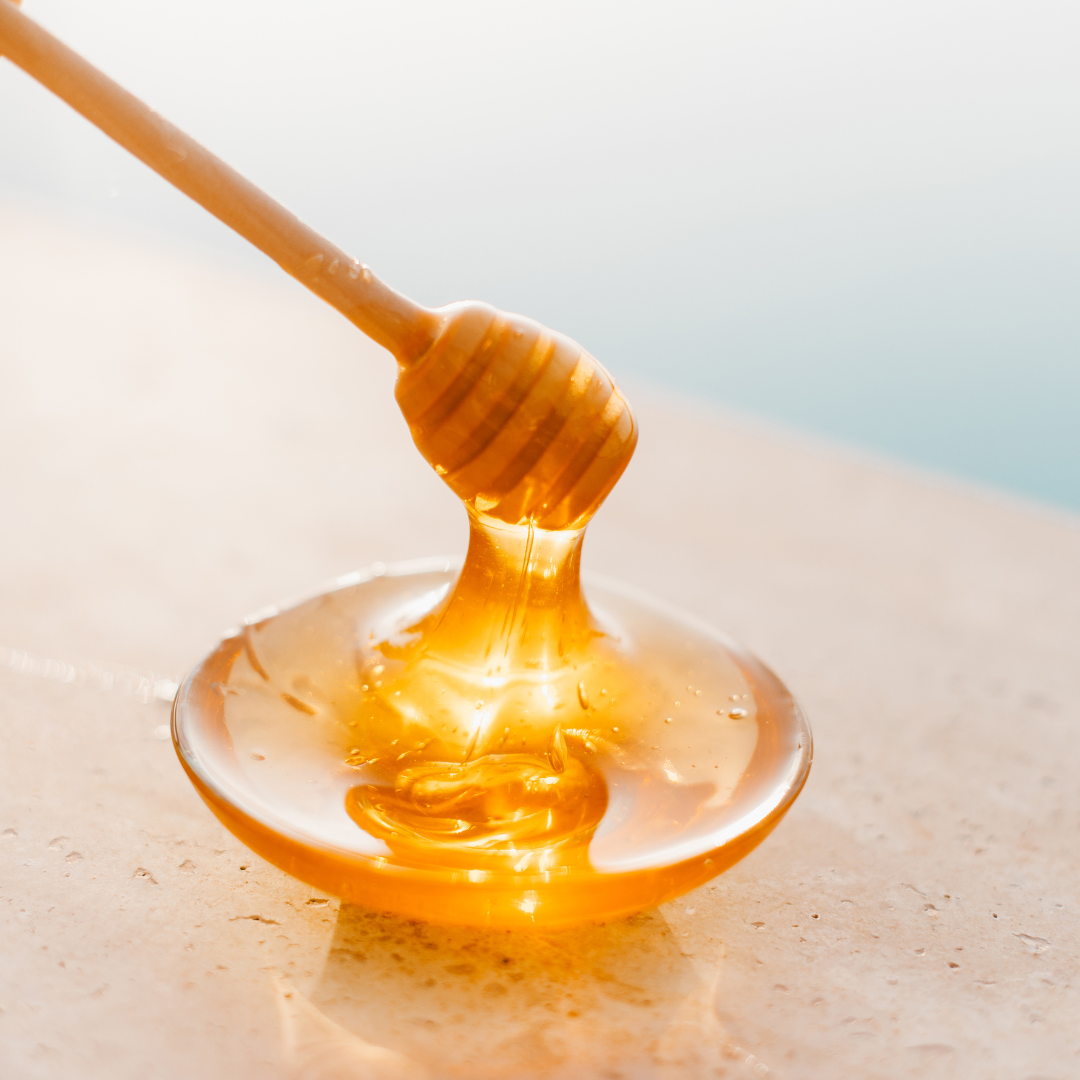
6. Honey
Honey is a sweet, viscous substance bees produce from the nectar of flowers. It has been used for centuries as a natural remedy for various ailments, including coughs and sore throats.
One of the primary benefits of honey is its ability to act as a natural cough suppressant. The thick, syrupy texture of honey can coat the throat and provide a soothing sensation, which can help reduce the urge to cough.
Additionally, honey has antimicrobial properties, which can help fight off the bacteria or viruses that may be causing the cough.
Honey can also help soothe a sore throat. The antimicrobial properties of honey can help reduce inflammation and fight off bacteria, which can alleviate soreness and discomfort in the throat.
Additionally, honey's thick, syrupy texture can help coat the throat and provide a soothing sensation.
To use honey as a natural remedy for coughs and sore throats, add it to tea or eat a spoonful straight.
It's important to note that infants under one should not consume honey, as it can contain spores of bacteria that can cause botulism in young children.
Honey can be a helpful and natural remedy for coughs and sore throats. However, it's important to note that it should not be used as a replacement for medical treatment but in conjunction with other self-care practices, such as getting adequate rest and hydration. Medical help is also crucial if symptoms like a cough or sore throat linger or worsen.
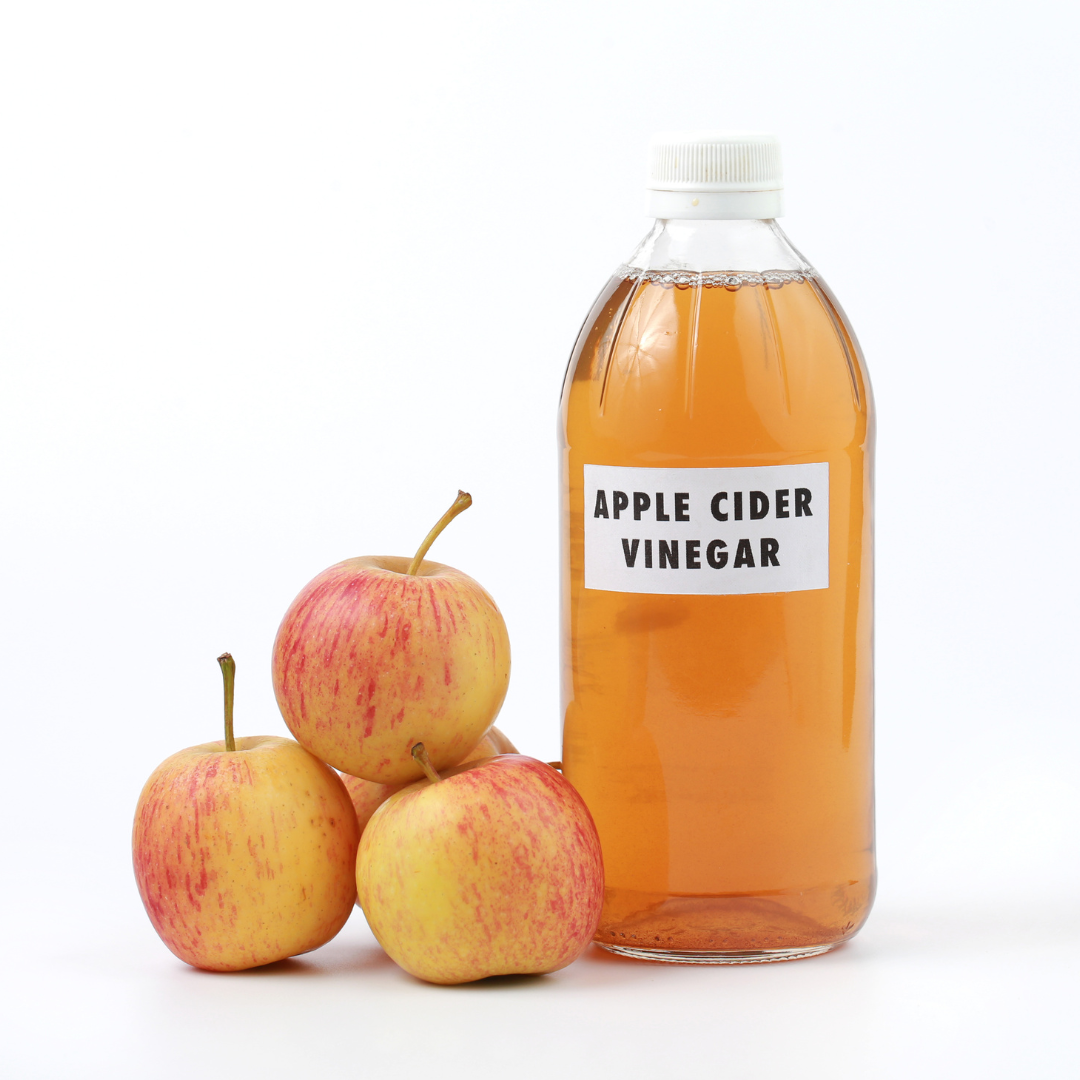
7. Apple Cider Vinegar
Apple cider vinegar is believed to help alleviate heartburn and acid reflux by neutralizing stomach acid.
Seniors can mix 1-2 tablespoons of apple cider vinegar with water and drink it before meals to help prevent heartburn and reduce symptoms of acid reflux.
Apple cider vinegar contains acetic acid, which can help improve digestion by promoting the growth of healthy gut bacteria.
Seniors can add 1-2 tablespoons of apple cider vinegar to a glass of water and drink it before meals to help improve digestion and alleviate symptoms of bloating, gas, and constipation.
Some studies suggest that apple cider vinegar may help improve insulin sensitivity and lower blood sugar levels in people with diabetes.
Seniors with diabetes can add 1-2 tablespoons of apple cider vinegar to a glass of water and drink it before meals to help regulate blood sugar levels.
Some studies suggest that apple cider vinegar promotes weight loss by reducing appetite and increasing feelings of fullness.
Seniors can add 1-2 tablespoons of apple cider vinegar to a glass of water and drink it before meals to help control cravings and reduce calorie intake.
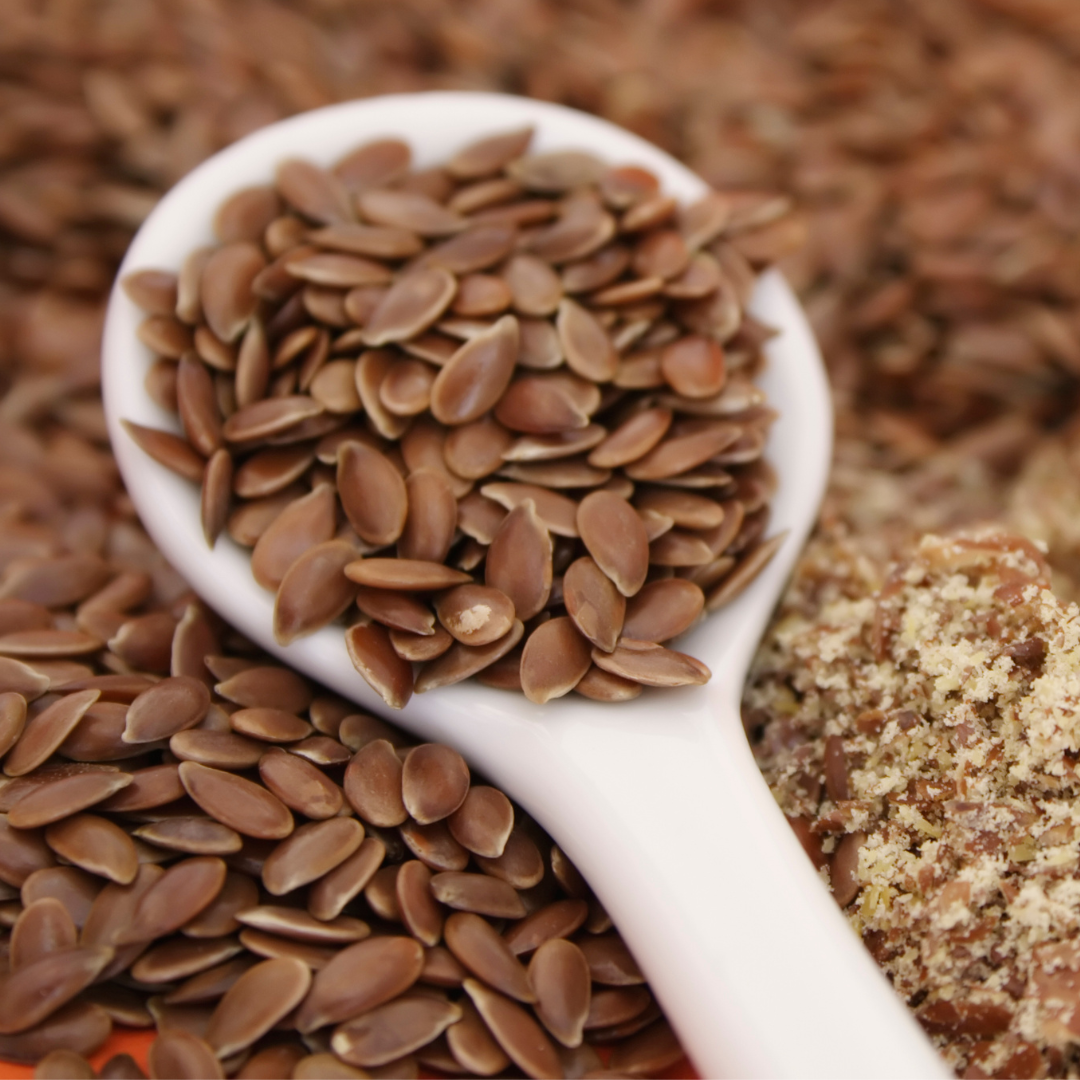
8. Flaxseed
Flaxseed is high in alpha-linolenic acid (ALA), a type of omega-3 fatty acid shown to help reduce the risk of heart disease.
Seniors can add ground flaxseed to their meals, such as oatmeal, yogurt, or smoothies, or take a flaxseed oil supplement to help improve heart health.
Flaxseed is high in fiber, which can help promote regular bowel movements and improve digestive health.
Seniors can add ground flaxseed to their meals or take a flaxseed oil supplement to help alleviate symptoms of constipation and other digestive issues.
Flaxseed contains lignans and phytoestrogens that have anti-inflammatory properties. Seniors can add ground flaxseed to their meals or take a flaxseed oil supplement to help reduce inflammation.
Some studies suggest that flaxseed may help improve insulin sensitivity and lower blood sugar levels in people with diabetes.
Seniors with diabetes can add ground flaxseed to their meals or take a flaxseed oil supplement to help regulate blood sugar levels.
When using flaxseed, it's important to grind it before consuming it to release its nutritional benefits.
Whole flaxseed can pass through the digestive tract undigested. Seniors should also consult a healthcare provider before trying flaxseed, especially if they have underlying health conditions or are taking medications that may interact with flaxseed.
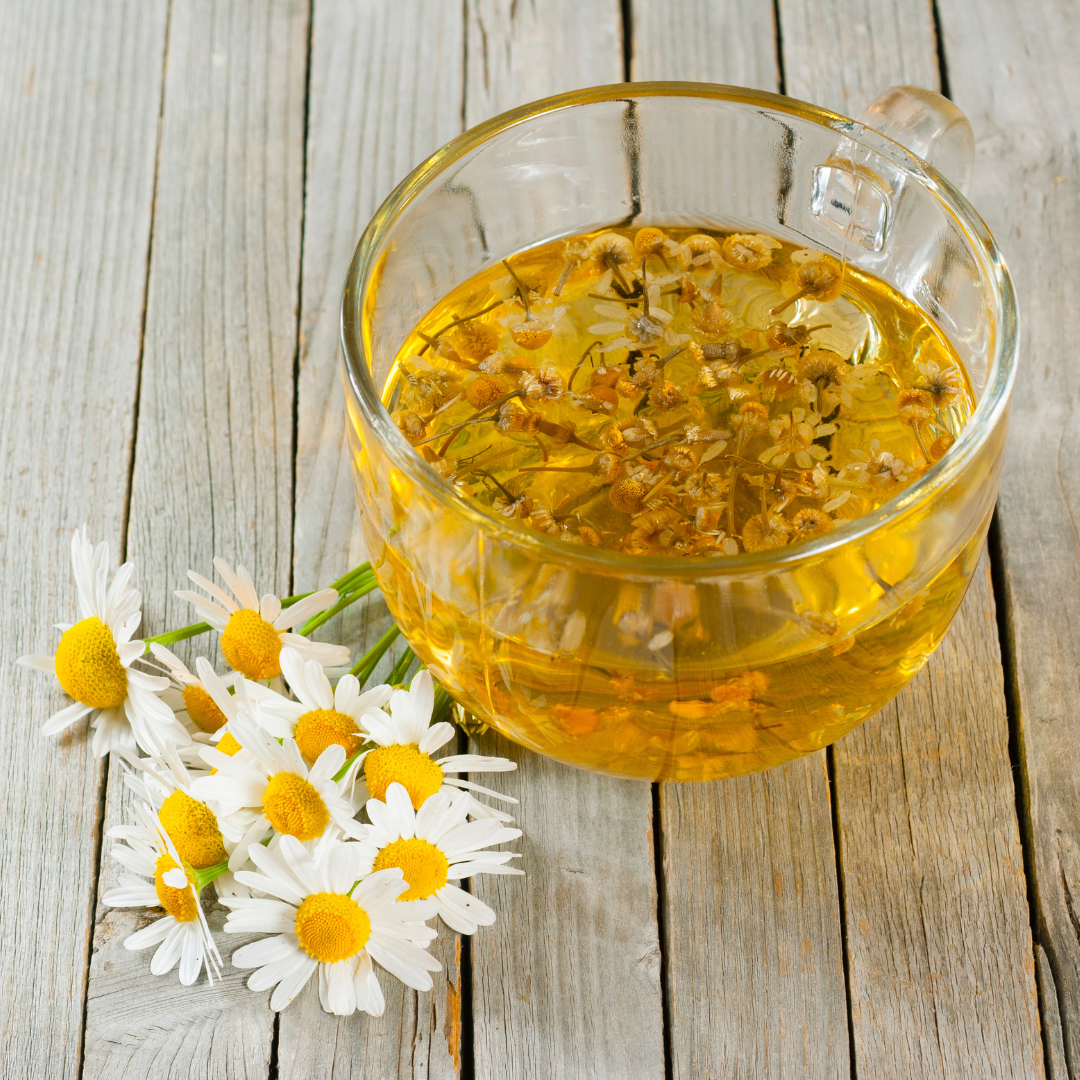
9. Chamomile Tea
Chamomile tea is believed to have a calming effect on the body and can help alleviate anxiety and promote relaxation.
Seniors can enjoy a cup of chamomile tea in the morning or before bed to help reduce stress and promote a sense of calm.
Chamomile tea also has mild sedative effects, which may help improve sleep quality and duration.
Seniors who struggle with sleep issues can enjoy a cup of chamomile tea before bed to help promote relaxation and improve sleep.
Chamomile tea has been used for centuries as a natural remedy for digestive issues, including bloating, gas, and indigestion.
Seniors can enjoy a cup of chamomile tea after meals to help improve digestion and alleviate symptoms of digestive discomfort.
Chamomile tea has anti-inflammatory and antioxidant properties that can help improve skin health.
Seniors can use chamomile tea topically as a natural remedy for skin irritations such as eczema or psoriasis.
When making chamomile tea, steeping the tea bags in hot water for at least 5-10 minutes to release its beneficial properties is important.
Seniors should also consult with a healthcare provider before trying chamomile tea, especially if they have underlying health conditions or are taking medications that may interact with it.
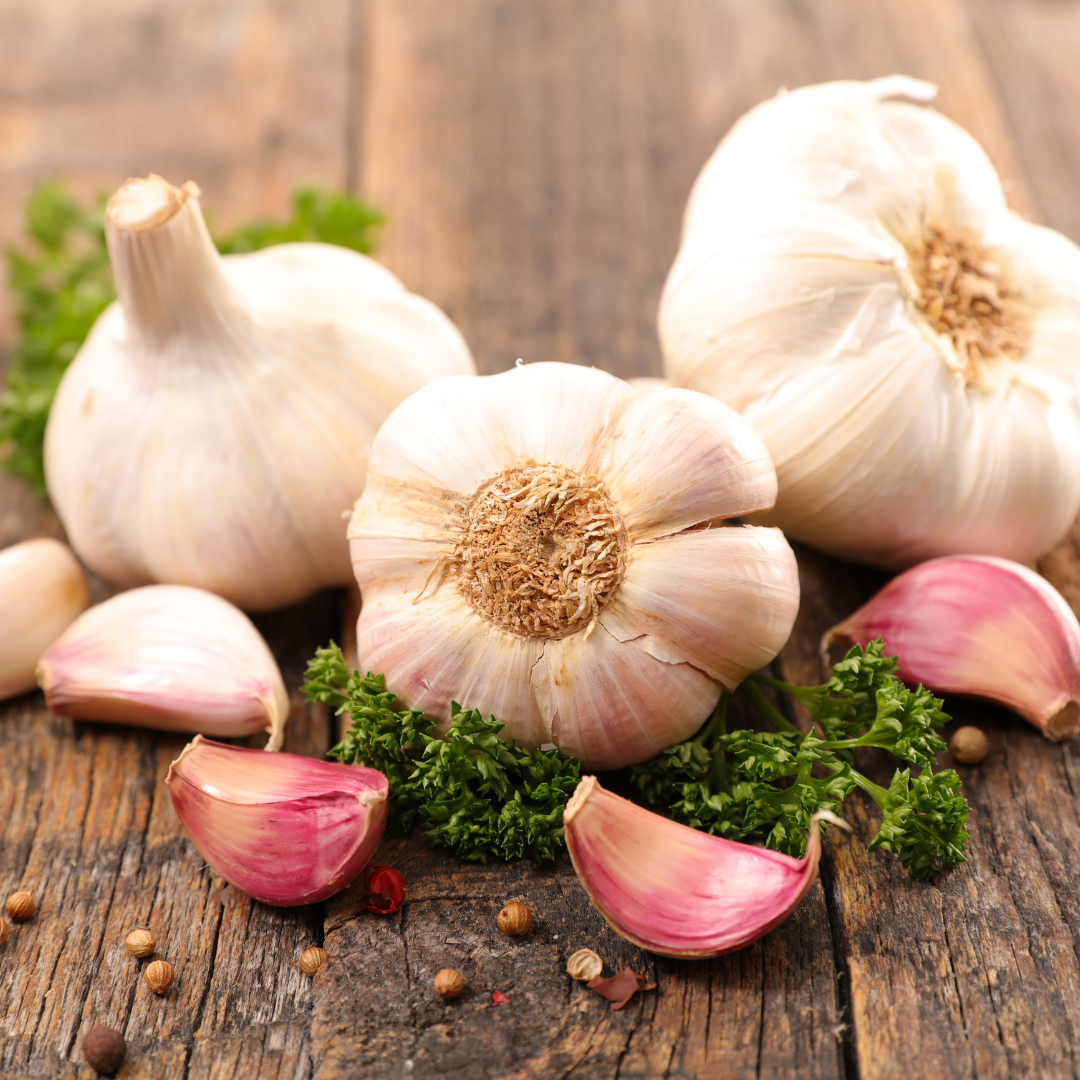
10. Garlic
Garlic contains allicin and sulphur, which have antibacterial, antiviral, and antifungal properties. These properties can help boost the immune system and may help reduce the risk of infections.
Seniors can add garlic to their meals or take a garlic supplement to help support their immune system.
Garlic reduces blood pressure and cholesterol levels, which can help improve heart health. Seniors can add garlic to their meals or take a garlic supplement to help reduce the risk of heart disease.
Garlic has anti-inflammatory properties that can help reduce inflammation in the body. Garlic may be helpful for seniors who suffer from chronic inflammatory conditions, such as arthritis.
Some studies suggest garlic may help improve cognitive function and memory in older adults. Seniors can add garlic to their meals or take a garlic supplement to help support brain health.
It's important to note that raw garlic may be more beneficial than cooked garlic as the cooking process can reduce its beneficial properties.
Seniors should also consult with a healthcare provider before trying garlic, especially if they have underlying health conditions or are taking medications that may interact with garlic.
Garlic supplements may also interact with certain medications, such as blood thinners, so talking to a healthcare provider before taking them is important.
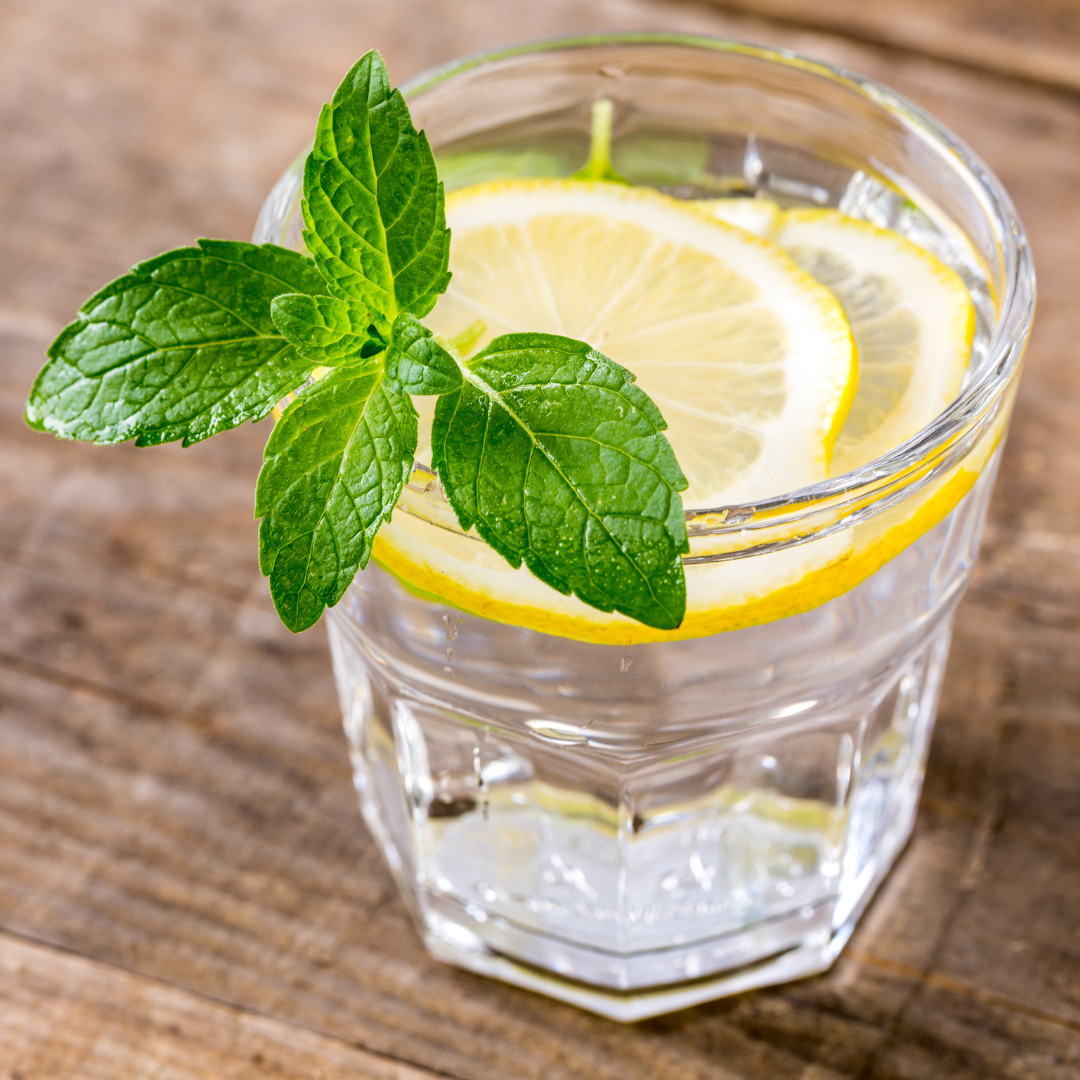
11. Lemon Water
Lemon water can help promote digestion by stimulating the production of digestive juices and enzymes.
Lemon water can help alleviate symptoms of indigestion, bloating, and constipation. Seniors can drink lemon water in the morning or before meals to help improve digestion.
Staying hydrated is important for overall health, especially for seniors who may be more susceptible to dehydration.
Lemon water can make drinking more enjoyable and flavourful, which may encourage seniors to drink more daily water.
Lemons are rich in vitamin C, an antioxidant that can help boost the immune system and reduce the risk of infections. Seniors can drink lemon water regularly to help support their immune systems.
Lemon water can help support liver function and promote detoxification. This can help eliminate toxins and waste products, improving overall health and well-being.
When making lemon water, it's important to use fresh lemons and not rely on bottled lemon juice, which may contain added sugar and preservatives.
Seniors with sensitive teeth may want to use a straw to avoid exposing their teeth to the acidity in lemon juice.
Additionally, lemon water should not be used as a replacement for medical treatment or advice for seniors.
Anyone should consult a healthcare provider before trying lemon water if they have underlying health conditions or are taking medications that may interact with lemon juice.
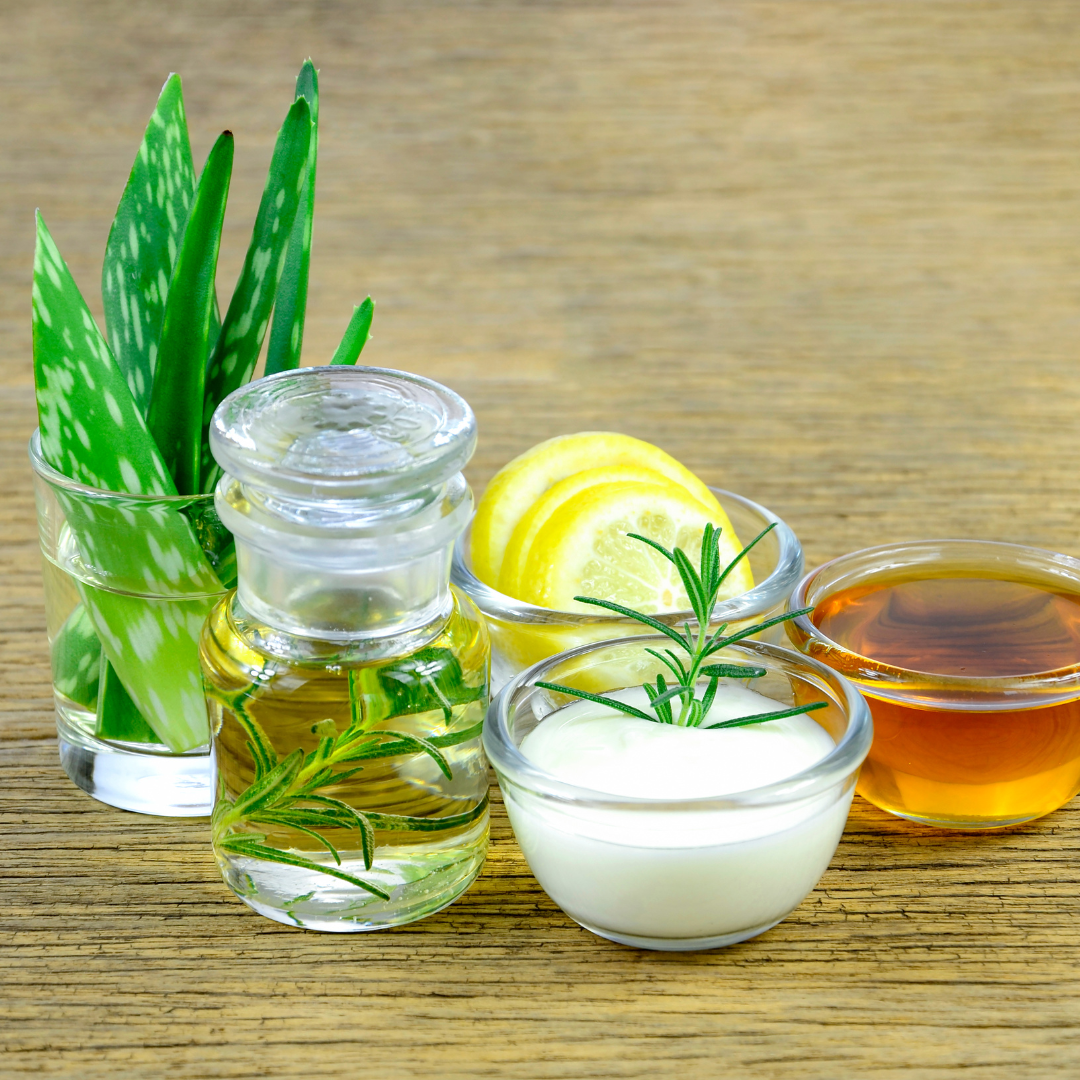
Conclusion
In conclusion, seniors can use many simple and effective home remedies to alleviate symptoms and promote overall wellness.
From ginger tea to exercise and mindfulness practices, these remedies can be inexpensive and easy to implement, making them a great option for seniors who prefer a natural approach to healthcare.
However, it is always important to consult a healthcare professional before trying new remedies or making significant changes to your health routine.
By incorporating some of these remedies into your daily routine and working closely with your healthcare team, you can improve your overall health and well-being as you age.
I trust you enjoyed this article on the Best Simple Home Remedies For Seniors. Please stay tuned for more blog posts to come shortly.
JeannetteZ
>>>Please click here to read my all-inclusive article about A Comprehensive Guide To Healing Naturally<<<
>>>Are you interested in Natural Healing through Herbs? Please click here for my #1 Recommendation<<<
Your Opinion Is Important To Me
Thoughts? Ideas? Questions? I would love to hear from you. Please leave your questions, experiences, and remarks about this article about the best homemade remedies for glass skin in the comments section below. You can also reach me by email at Jeannette@Close-To-Nature.org.
Disclosure
This post may contain affiliate links. As an Amazon Associate and other affiliate programs, I earn from qualifying purchases at no extra cost to you. Please read my full affiliate disclosure.
Your Opinion Is Important To Me
Thoughts? Ideas? Questions? I would love to hear from you. Please leave me your questions, experience, and remarks about this article on the Best Simple Home Remedies For Seniors in the comments section below. You can also reach me by email at Jeannette@Close-To-Nature.org.




